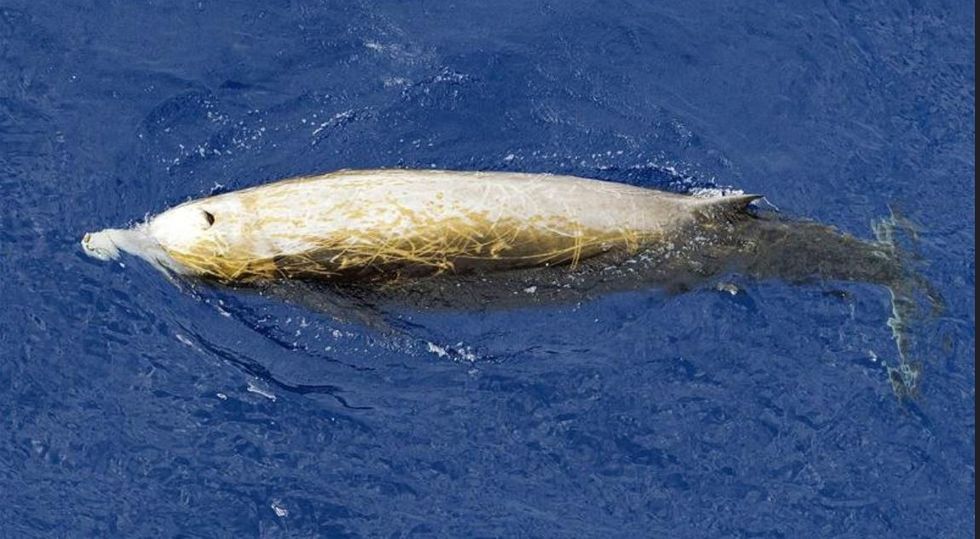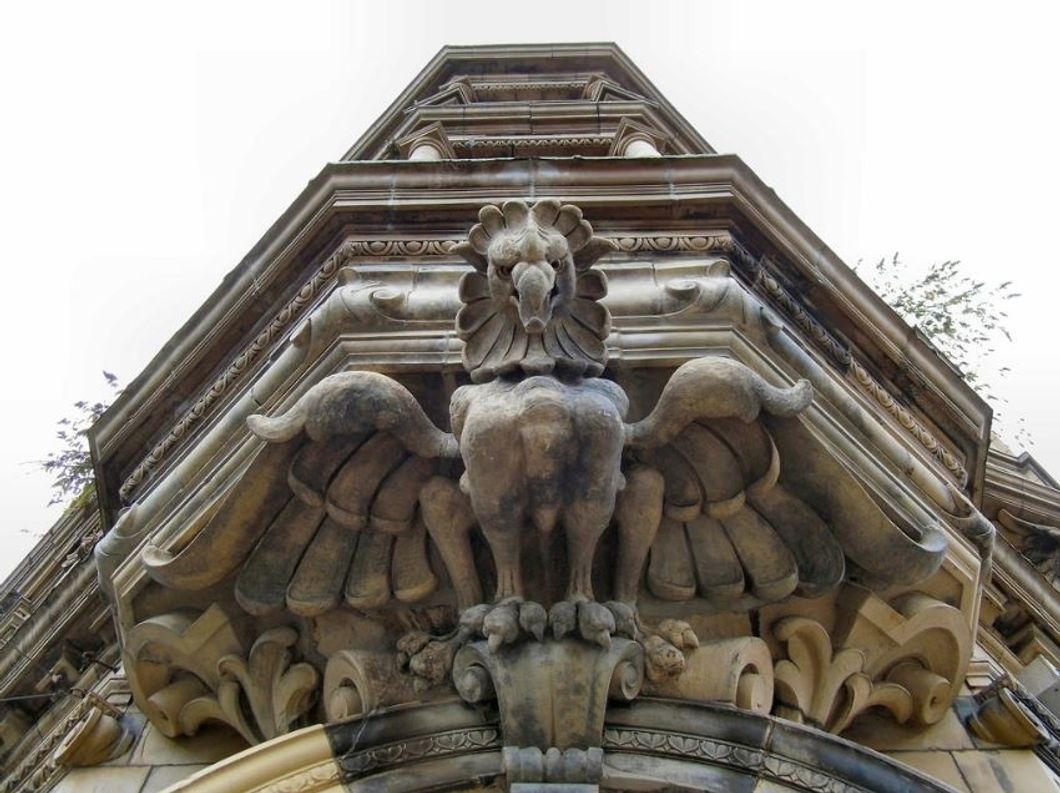From books like "The Last Unicorn" to movies such as "The Little Mermaid," magic and mythical beasts have been a part of our lives from the very beginning. Sadly, that's all they were: mythical. No matter what anyone said, you couldn't braid your hair with mermaids or ride on the shoulders of a giant. The trees would never walk, the birds would never talk, you could never go on a quest with your pet roc, and your dream of reeling in that kraken would never be realized.
Unless it could be. While sea serpents and golden rams may not be real, many of the mythical beasts we've come to know and love were based off of real animals—but I still wouldn't recommend trying to tame that manticore.
1. Sirens and Mermaids

Half-human, half-fish creatures have been documented as far back as the fourth century BCE, but the first siren as we know it evolved from a half-bird creature in Greek mythology. Even Christopher Columbus had a run-in with what he thought were mermaids and sirens, but in all reality these "mermaids" were likely dugongs and manatees. Because of their bone structure and breasts, manatees and dugongs are the most likely culprits to the mermaid and siren myths.
2. The Golden Ram

The Greek story of Jason and the Argonauts is popular one: Jason challenges his uncle as rightful ruler, his uncle demands the Golden Fleece from a golden ram, Jason fetches the Fleece after even more trials, then he dies after betraying his vow to the gods. While there's no proof that this story actually occurred, the golden ram depicted in the story was likely a real animal, the golden takin.
3. Sea Serpents

Even if you're not a lover of nautical stories, the sea serpent is a creature most everyone knows about. Growing up to 36 feet long and shining with vibrant colors, it's no wonder people mistook the oarfish for a snake-like monster of the depths. The oarfish is also thought to have influenced the appearance of the the Thai and Lao phaya naga.
4. The Kraken

To be entirely fair, the real animal behind the kraken isn't too different from the myth itself. Giant squid are thought to be the inspiration behind stories of the kraken, and with the largest documented giant squid reaching an astounding length of 59 feet long, I would just like to steer clear of them all together.
5. Griffins

The half-eagle, half-lion of the Gobi desert was discovered by miners seeking gold as early as 800 BC, but not in the way many think; rather than finding the living creature, the miners found their bones while excavating hillsides. Unfortunately, the bones Scythian miners found belonged to the protoceratops, not a griffin.
6. Giants

As interesting as the Greek stories make giants sound, these human-like creatures weren't as human as the Greeks came to expect. In all reality, the bones of mammoths, mastodons, and woolly rhinoceroses were excavated before the Greek became familiar with elephants, and they assumed the bones belonged to a bipedal humanoid.
7. The Roc or Rukh

A little less commonly known is the roc, a massive middle eastern eagle said to carry off elephants. While there is some debate, it's believed that the roc was based off of the bearded vulture. Though smaller, the bearded vulture behaves exactly as the roc was said to have acted, down to dropping large bones from incredible heights to feast on the bone marrow within.
8. El Chupacabra

The chupacabra is a popular creature in North American, Latin American, and Caribbean countries, but the creature that was originally depicted as "a bipedal creature four or five feet tall with large eyes, spikes down its back and long claws" quickly turned into a hairless, dog-like creature that walked on four legs. When the bodies of these dead chupacabra were examined, they turned out to be little more than coyotes with severe mange.
9. The Ziphius or Water Owl

The water owl is a lesser known sea monster, but it was once said to terrorize ships with its beaked, owl head and dorsal fin that could slice through boats. Once thought to just be a legendary creature, the Curvier's beaked whale was later accredited as the inspiration of the water owl.
10. The Manticore

The manticore is a beast from Persian and Greek mythology depicted as having the head of a man, the body of a lion, and the tail of a scorpion, but in reality the man-eating mantiger was likely nothing more than the now-extinct Caspian tiger.

















